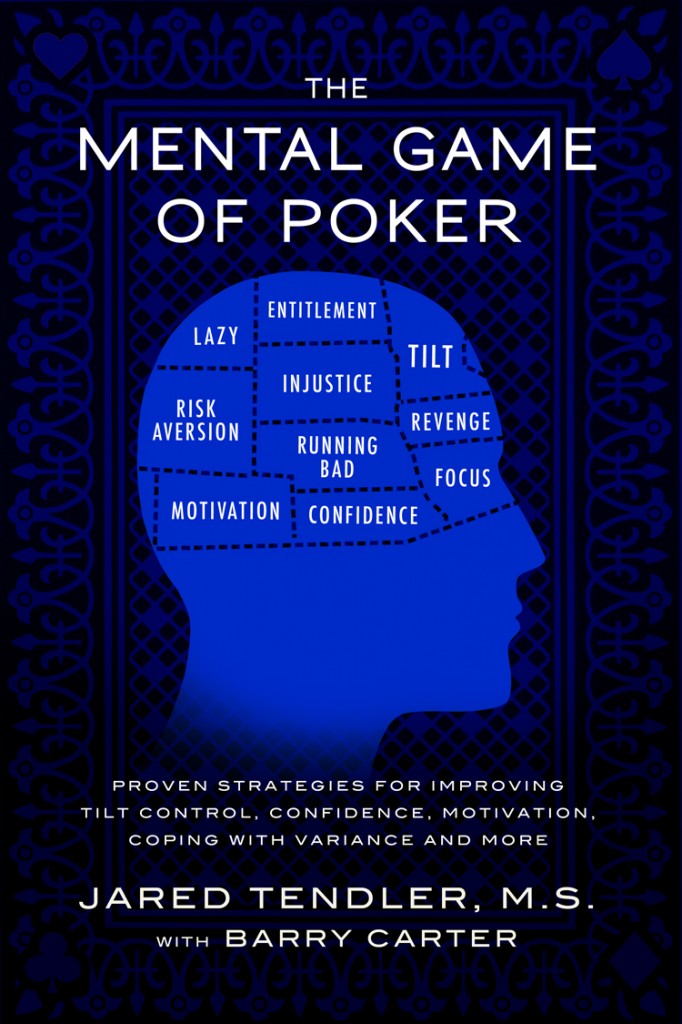
Previous part of Mental Game of Poker: Focusing on results, creating a win
5.3 Bridge of injustice
After the 100th coolerio, bad beato and bad riverio in one day, it seems like your head is about to explode. You can't believe how badly you are doing. Bad players suckoutina in the most uncomfortable situations, you get punched by regular players, you tiltinate When you think about how much you could have won today, the poker gods have cursed you, you don't deserve it, and you start wondering when you'll get your fair share of luck. Logic says that variation makes poker profitable. Be patient and eventually the luck will turn in your favour. But the scales of poker justice have not tipped in your favour, and you tiltinate trying to fight them.
As the title suggests, injustice Bridge is about justice, fairness and impartiality. It may seem that the solution to all this is to come to terms with the reality of poker, but it is not that simple, otherwise the problem would have been solved a long time ago. So, as with every Bridge species, finding the missing logic is the key that unlocks a lasting solution.
To find the faulty logic that causes injustice bridge, please answer the following questions:
- Do you feel like you're not getting the success you deserve and you're always getting caught up?
- Do you feel as if the money you have lost has been taken away from you?
- By bad beat, cooler and suckout are more painful when they happen against a bad player?
- In which situations do failures particularly affect you?
- Are you jealous of, or perhaps annoyed by, the players you think are doing better?
- During periods of bad luck, do you wish poker wasn't like this, or that you could somehow control the variation?
For many players, at the heart of injustice is the feeling that they are not getting their fair share. This raises the question, how do we know how much is fair? The mind figures this out for itself when you think about the following:
- Variation or luck
- The quality of your skills
- The quality of your opponent's skills
One thing is clear: the sum of these three factors determines your advantage in the game, but calculating them accurately is not easy. Players who do it well have the skills to spot subtle variation, their own mistakes, or a solid move by their opponent. While all players have some ability in each area, the level of that ability varies greatly.
There are players in poker rooms who don't believe in maths. They think that KK is a better hand against flop nor AA. Or they think they always catch the colour when they hold the drums. Of course, such players' opinions are not influenced by statistics, but by their own experience with those hands. Such players show us perfectly well that, despite bad play, bad players also make a huge number of mistakes in their interpretation of results. They overestimate their own abilities, they understand very little about variation and probability, and they think they are better than the other regular players at the table.
Poor interpretation of results is not just a weakness of bad players. Each player has an internal filter that calculates the variation and the impact of his own and his opponents' abilities on the game. This filter determines how hands played, sessions, tournaments etc. are interpreted. It works like a sorting system: variation belongs to this pile, quality of play to that pile, and opponents' play to yet another pile. When that filter sorts the results, the rating of each stack gives an automatic gut feeling of the advantage available. Injustices Bridge develops because of the fundamental weaknesses and mistakes that prevail in the player's ability to filter results, which ultimately distort beliefs about what is fair and just.
Thinking you're better
Some players mistakenly blame luck for losing, but fail to consider that they could have lost because of better decisions made by their opponent. This happens when the ability to judge the quality of one's own game is stronger than the ability to judge the opponent. If you cannot understand your opponent's behaviour, it is natural that you will not properly evaluate his game and think that you are better than him. This subtle bias means that instead of objectively assessing who is stronger, you automatically assume that you are better.
If the calculation of each of these factors - the variation, your ability and the ability of your opponents - were simple, then the injustice Bridge would not exist. Players would easily understand what is fair and just. When you know what is fair, even losing doesn't seem so unfair. Sometimes the uncertainty of not knowing is enough to make one lose patience.
While it is 100% impossible to know what is fair and right in the short term, it is also a skill that can be developed. Variation may seem difficult to understand at first, but it is a skill that has improved since the moment you first sat down to play. And that means that that understanding can be improved. The section on "the skill of identifying variation" gives more tips on how to get to grips with variation.
In the courtroom, justice may be blind and objective, but you are not. In addition to making mistakes in calculating variation and the quality of your own and your opponents' skills, you add to the injustice of it all Bridge is subject to various biases that cloud your judgment. In other words, you are only assessing a small amount of evidence when deciding what is right, which directly influences your reactions at the table.
The biggest biases against poker are discussed in the rest of the chapter.





